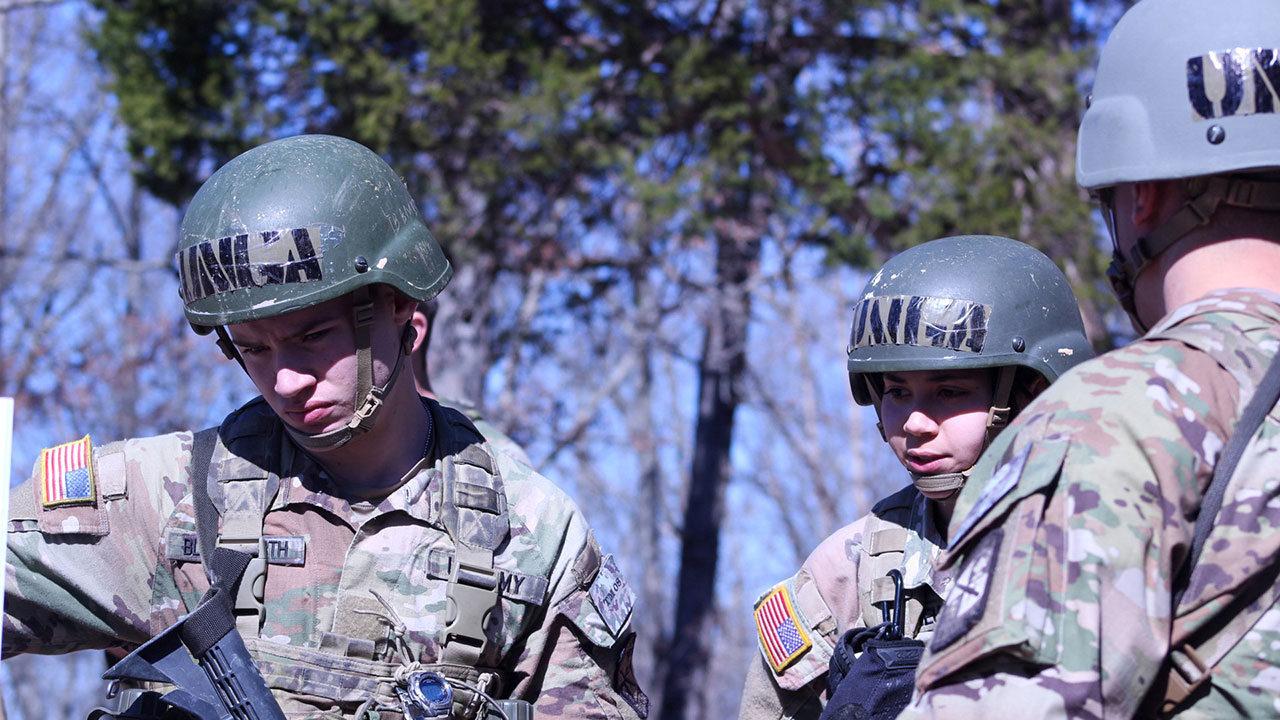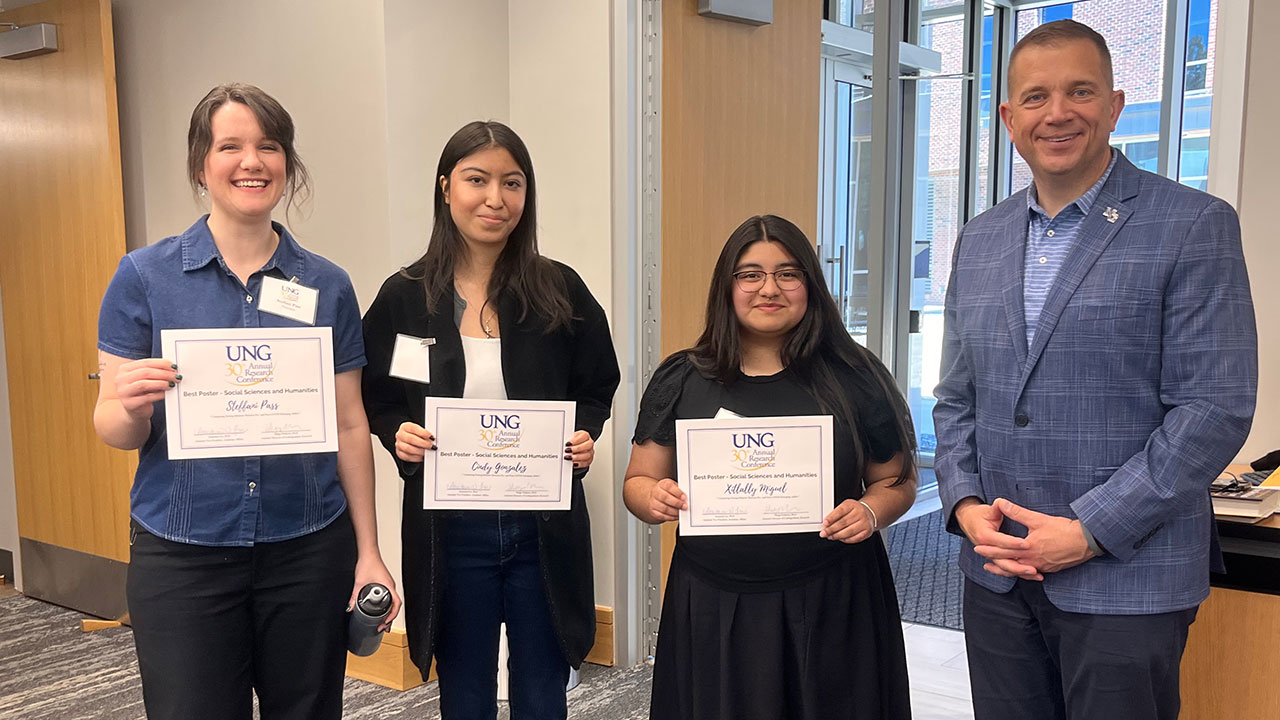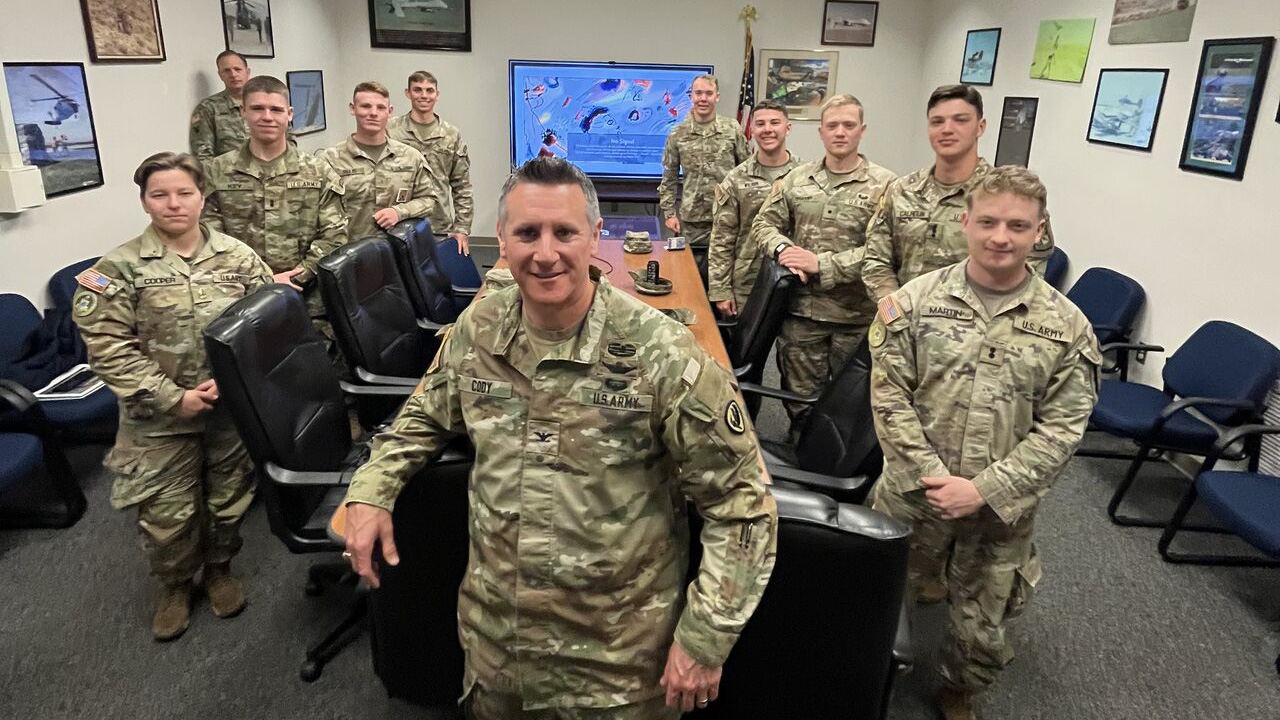National Cyber Warrior Academy trains next generation to engage in virtual combat

Article By: Staff
Modern warfare is still fought in conventional terms, with bullets and bombs, territory gained and lost, military commanders using men and machines to outmaneuver and defeat an opponent. But as we move further into the 21st century, combatants no longer face each other across a battlefield in the physical world. Increasingly, wars are being waged on a virtual battlefield, with zeros and ones as weapons.
With more rogue countries and terrorist groups launching attacks in cyberspace, attempting to disrupt the nation's communication networks, shut off its power grid or use ransomware to hold information systems hostage, America's security and defense agencies are looking for a few good cyber warriors.
Those future cyber warriors can be found attending the National Cyber Warrior Academy (NCWA) this summer at the University of North Georgia (UNG).
The 10-day program, now in its second year on the Dahlonega Campus, is open to area high school students (sophomores to seniors) at no cost, thanks to an $86,000 grant from the National Security Agency (NSA).
Dr. Bryson Payne is director of the Center for Cyber Operations Education at UNG, and, along with Dr. Tamirat Abegaz, assistant professor of computer science, serves as the camp's faculty.
"We had a really competitive applicant pool this year, with 182 students applying for 40 openings in the academy," said Payne. "They're a very motivated group of high school students, and they come from some of the best [high school] programs in the 30-county area," said Payne. "A couple of the students are already fluent in two or three languages, and some have participated in computer programming or robotic competitions."
The academy consists of 80 hours of classroom instruction and extension activities, including 40 hours of hands-on lab exercises. Students are instructed using the Certified Ethical Hacker (CEH) curriculum, a qualification gained through assessing the degree of strength of a computer system using penetration testing techniques.
Other activities include drone programming and operation, robotics instruction, car hacking, 3D printing and coding in a number of computer languages.
During their 10-day stay, the high school students will be mentored by a group of five UNG Corps of Cadets.
Aaron "Boaz" Craddock, a 21-year-old junior from Suwanee, Georgia, had two reasons for acting as a mentor at the academy: Learning cutting-edge techniques for fighting cyberterrorism, and the chance to work with high school-age teens.
"I really enjoy working with high school students, being a mentor to them—it's something that I'm passionate about," said Craddock. "The other thing that pulled me to this program was the technology side of the academy. We (mentors) initially receive some advanced computer instruction, but eventually we learn side-by-side with the students in the class."
Craddock is taking coursework in geospatial technologies and believes attending the academy and getting CEH certification will increase his chances of landing a better-paying job in a field that is primed for growth. He is still undecided about working in the private sector or, with his officer's commission after graduation, pursuing a career in the military.
"Dr. Payne tells us that anytime you help a business secure their network and their files you are serving your country, and anytime you help your country secure its network and files you're also helping our businesses stay secure," said Craddock. "What he means is, if you help just one business keep its information safe from cyberattacks you're helping your country as a whole."



